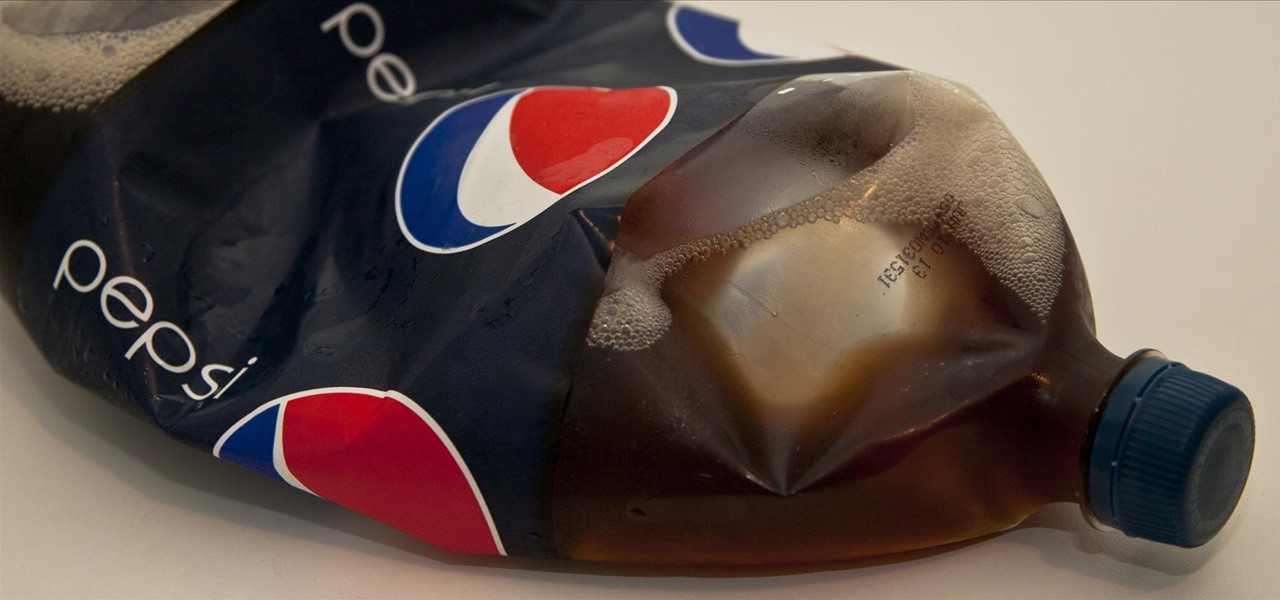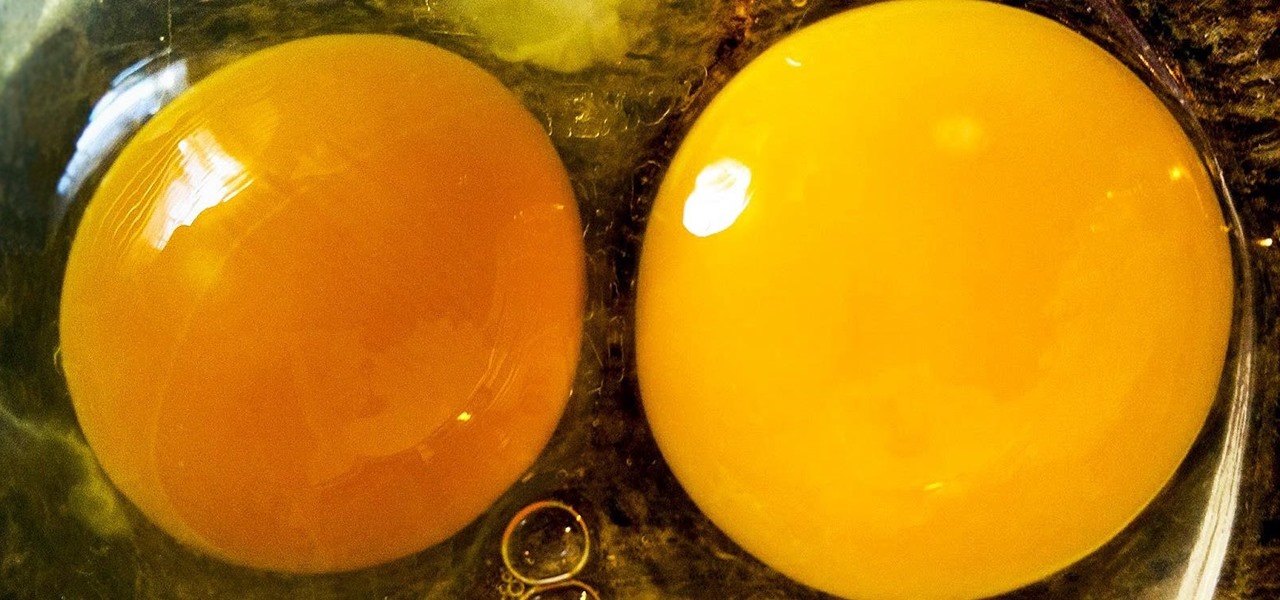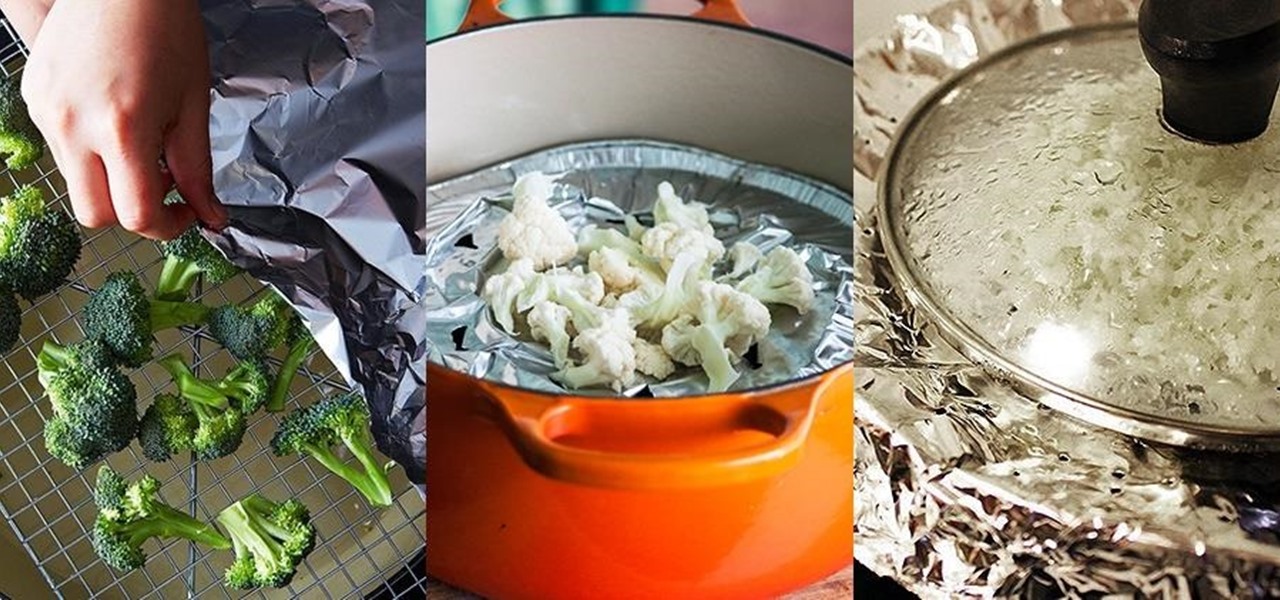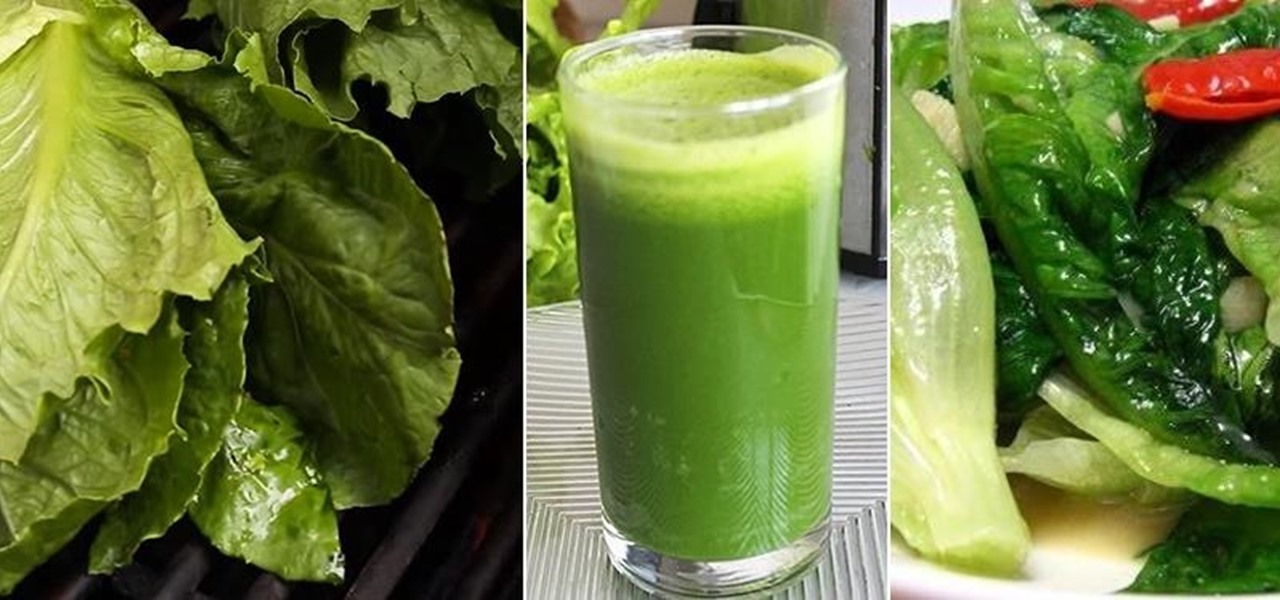Ingredients 101

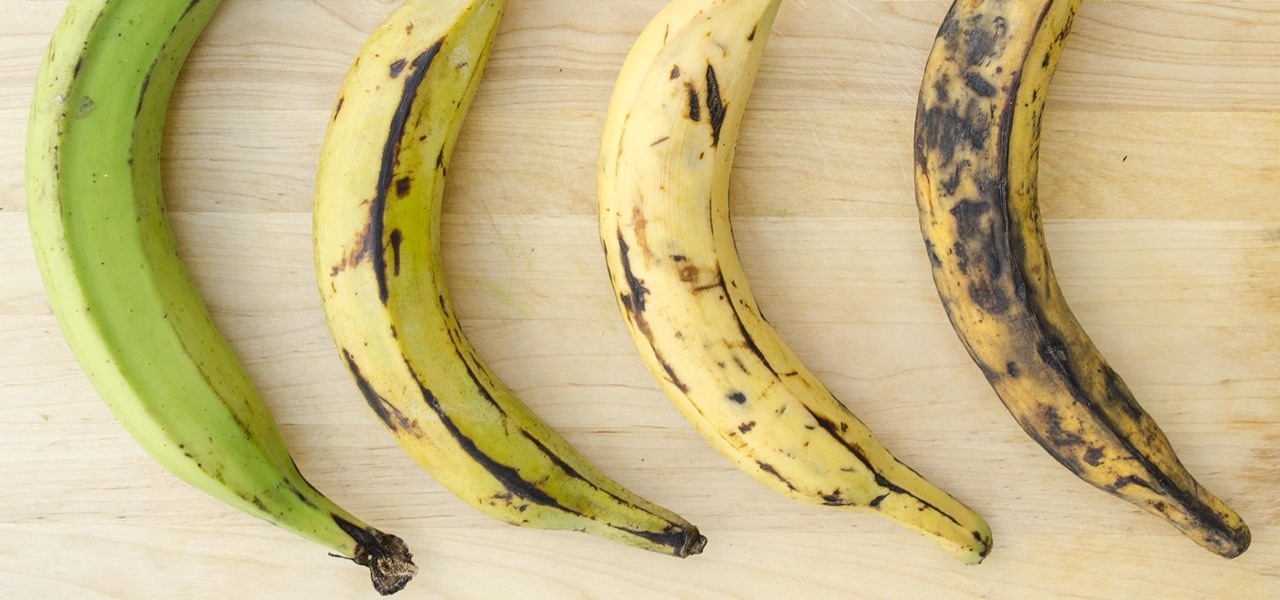
How To: Everything You Need to Know About Cooking with Plantains
The produce section is full of fruits, both familiar and quite strange. Depending on the season, you may see giant, bright-green bananas on display next to the normal bananas that you know and love. No, those aren't super-unripened bananas—they're plantains, and they are definitely a different fruit altogether. However, once you get to know them a little better, you'll find that they're much more fun to cook with.

How To: What's the Difference Between Tonic, Seltzer, Club Soda, & Mineral Water?
Tonic water, seltzer water, club soda, and mineral water: these 4 types of "bubbly water" are often, erroneously, used interchangeably. But the truth is that each possesses unique qualities and uses that set them apart from each other.
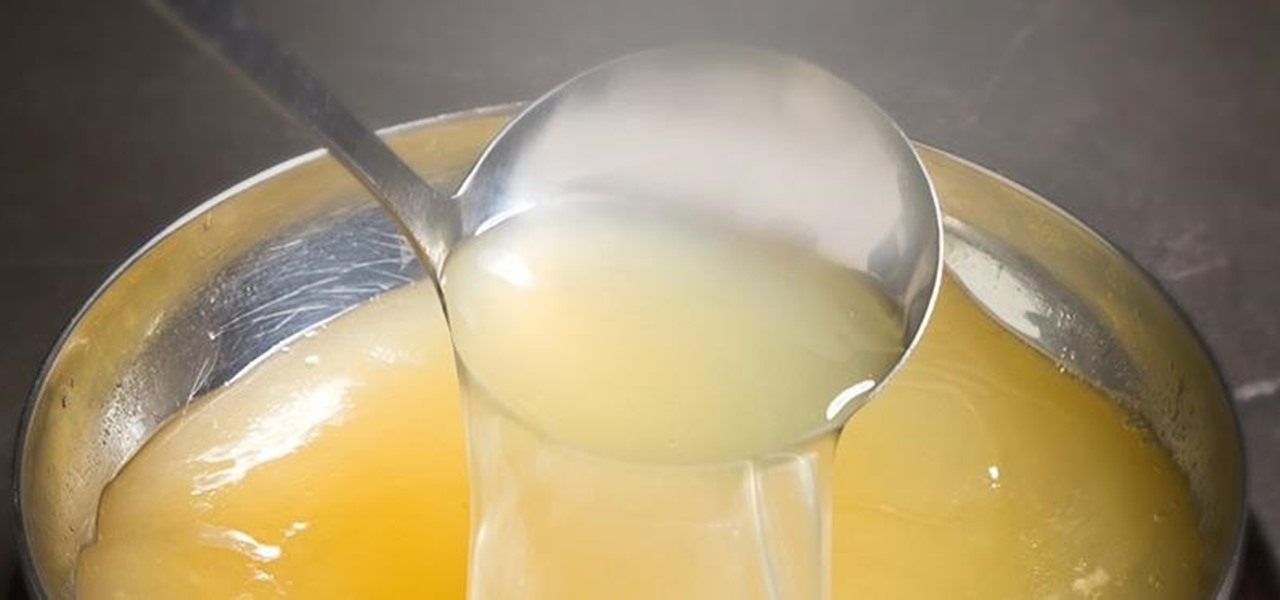
Ingredients 101: The Essential Homemade Chicken Stock
The first written account of "stock" as a culinary staple goes back to 1653, when La Varenne's Cookery described boiling mushroom stems and table scraps with other ingredients (such as herbs and basic vegetables) in water to use for sauces. But really, the concept of stock has probably been around for as long as people have been using water to boil food.
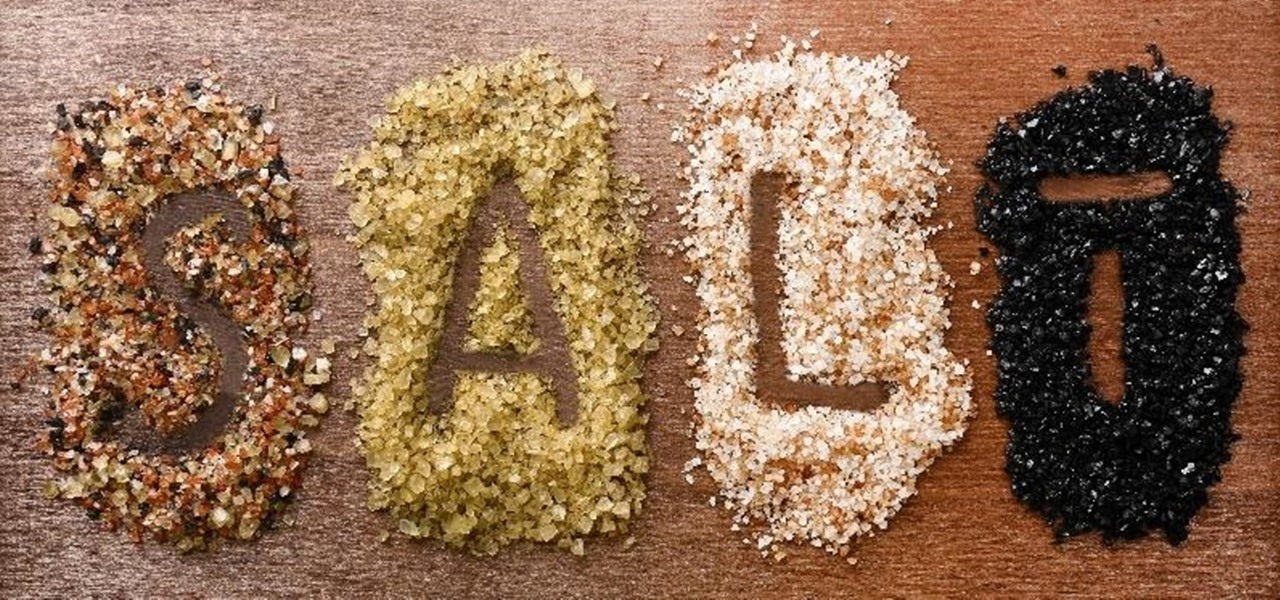
Ingredients 101: How to Salt Your Food Like the Pros
In order to make your food taste good, your favorite restaurant is most likely using way more salt than you think they are (among other pro secrets). Which is why when you ask just about any professional cook what the biggest problem with most home-cooked meals are, they almost always answer that they're "undersalted" or "underseasoned." (In cooking lingo, to "season" food means to salt it.)
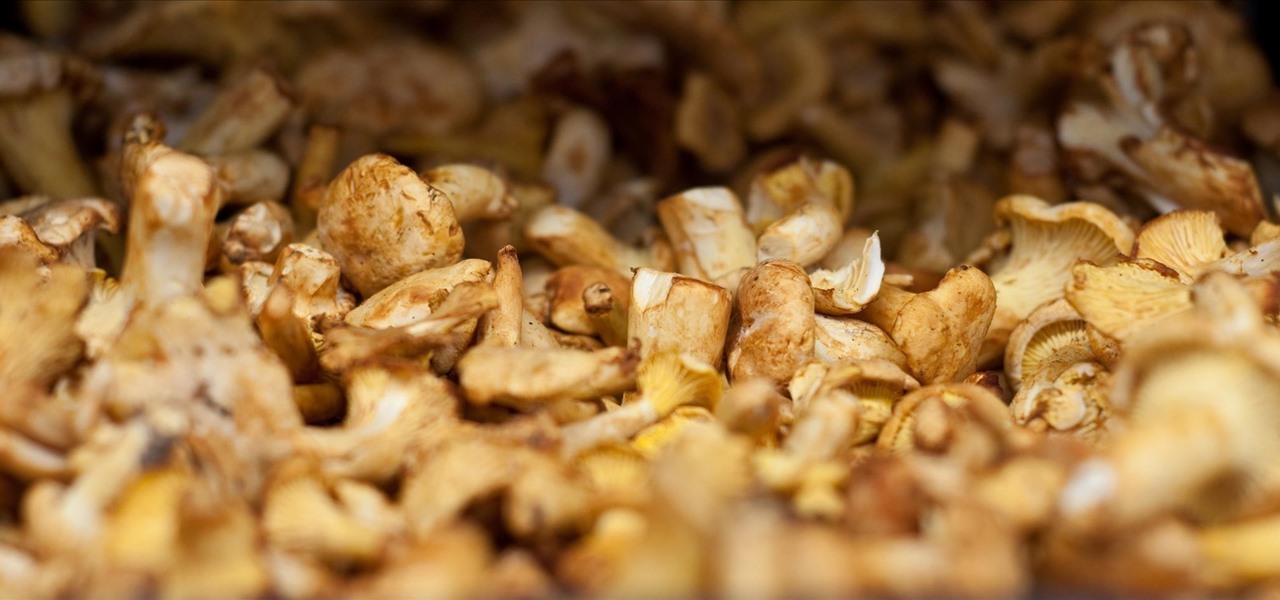
Ingredients 101: Selecting, Cleaning, & Storing Fresh Mushrooms
Eating vegetarian isn't just for vegetarians. There are plenty of reasons, health and economics-wise, to consider forgoing the meat for a meal or three. Rather than get deep into the world of fake meat (although there's many a tasty alternative to be found there, to be sure), you should consider getting to know your humble-seeming fungal friend: the mushroom. Thanks to their hearty flavor, cooks tend to treat mushrooms like meat, albeit one with its own unique characteristics. Mushrooms are e...
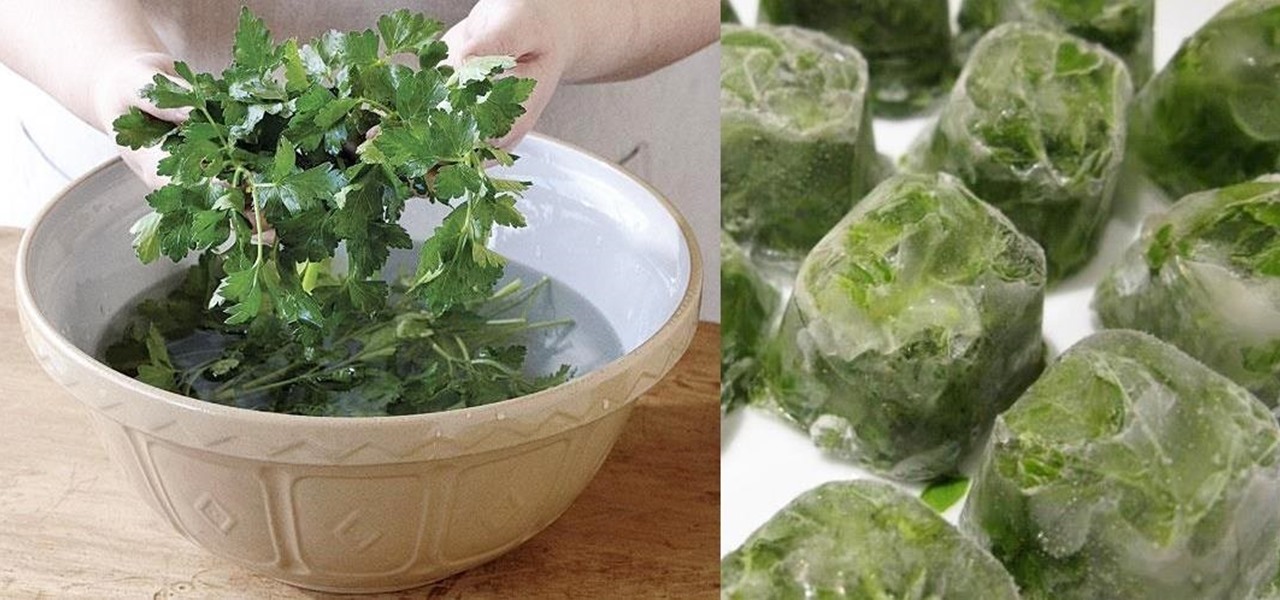
Ingredients 101: How to Select, Store, & Prep Fresh Herbs
Herbs, both fresh and dried, can be intimidating and mysterious to cooks. Just how much is too much? How do you prepare them?
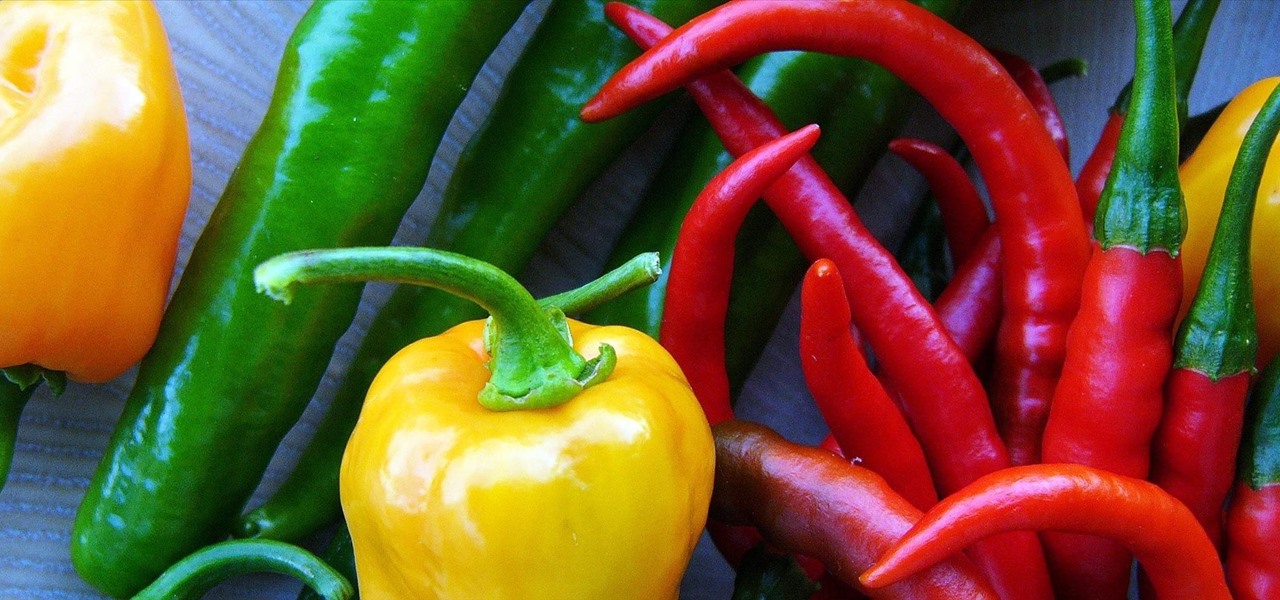
Ingredients 101: The Know-It-All Guide to Peppers
You can find chili peppers in practically every cuisine. From the sweet Italian variety to the spicy Thai bird's chili and the smoky Mexican chipotle, peppers are ubiquitous and universally loved. But if you find the range and scope of these little fireballs overwhelming, you're not alone.
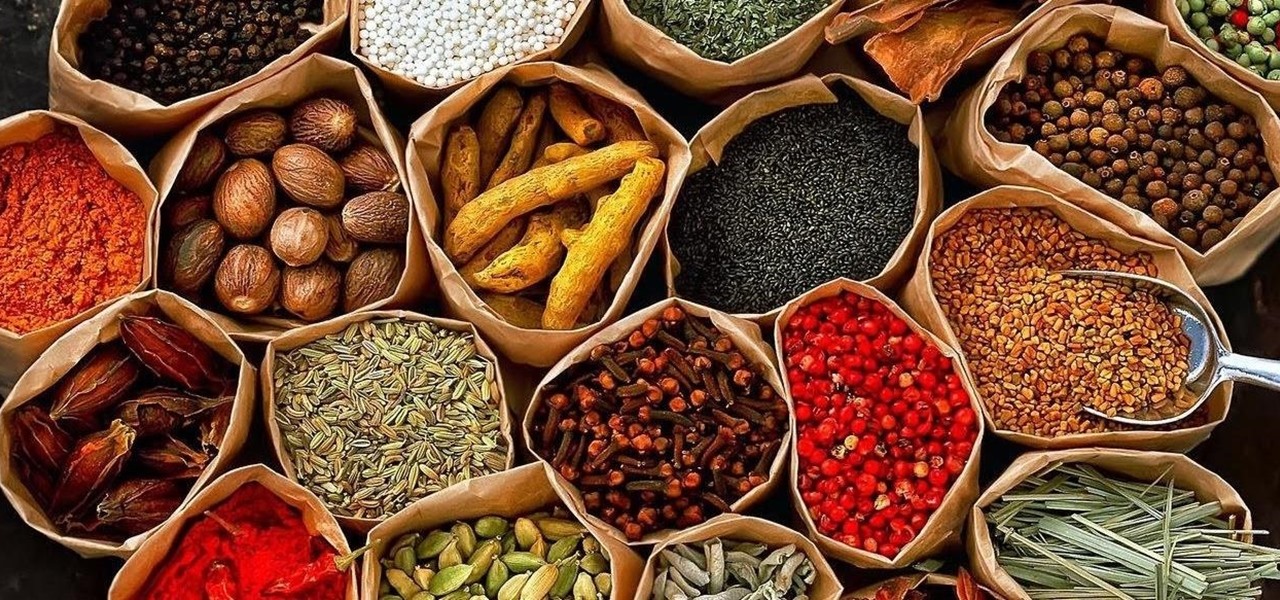
Ingredients 101: Buying, Grinding, & Tempering Spices
The world of spices can be bewildering. They promise to make your food more flavorful if you know how to make the most of them. Unless you know a couple of essential tricks, however, it just seems like you're adding bits of colored powder to your food.
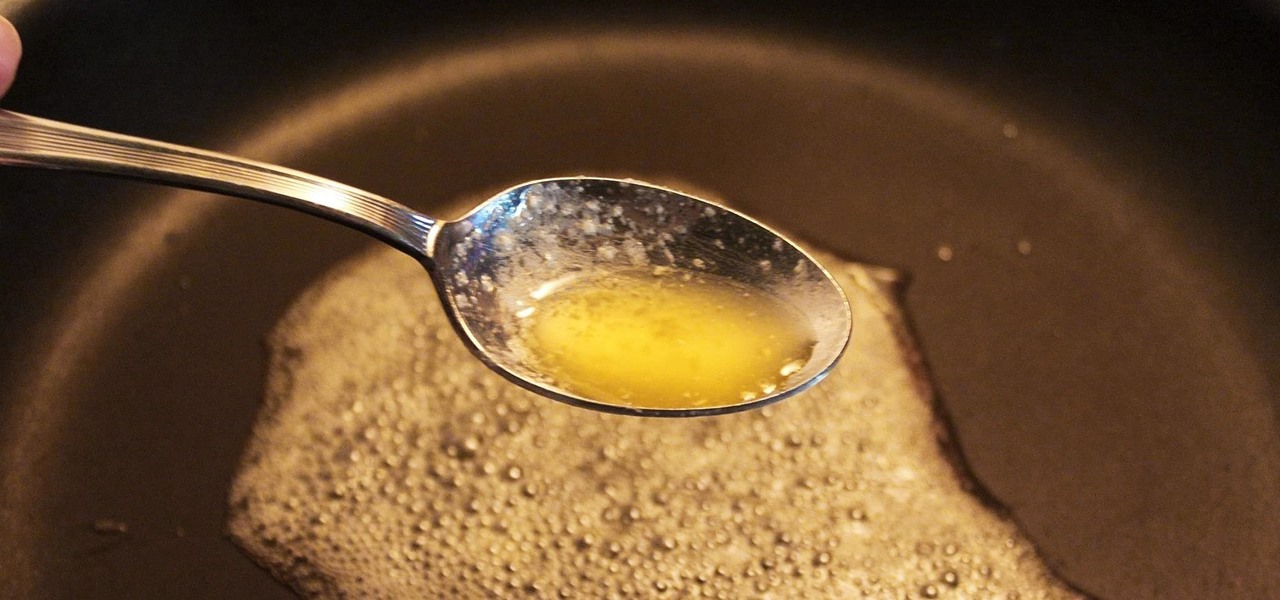
Ingredients 101: How & Why You Should Clarify Butter
Unless you're vegan or lactose intolerant, butter is an indispensible ingredient. However, butter is no one-trick pony. It can take many forms that make it even more versatile and useful in the kitchen. Clarified butter has many advantages over regular butter—but there are certain cases where you shouldn't use it. More on that later.
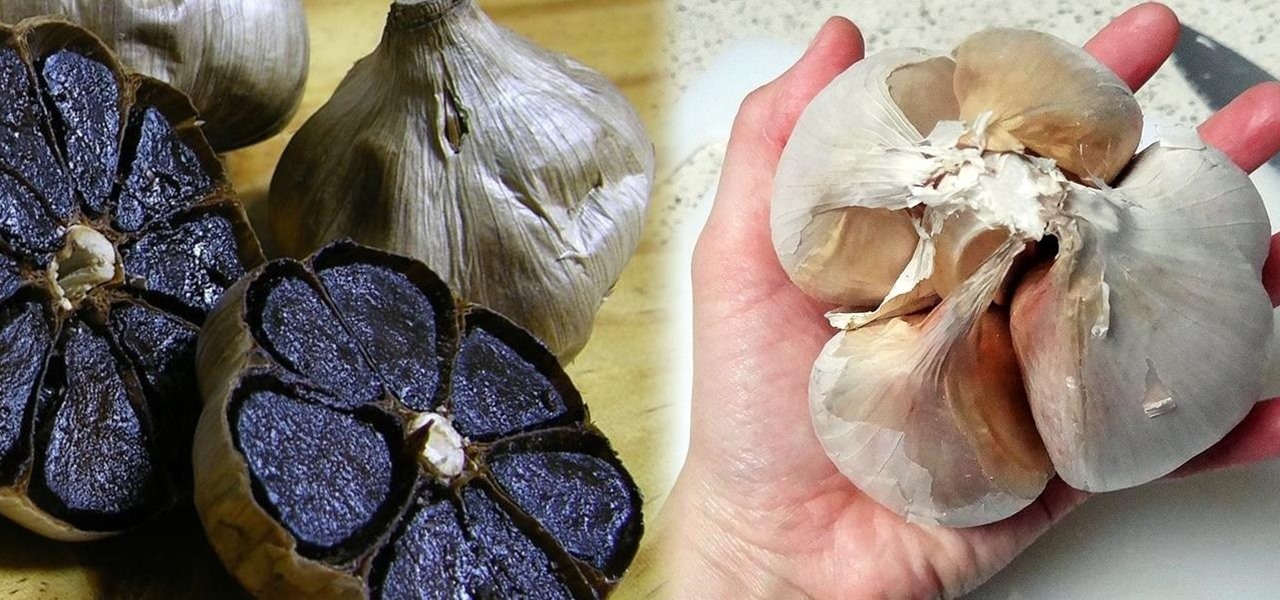
How To: The Ultimate Garlic Cheat Sheet: Which Type of Garlic Goes Best with What?
Go to a chain supermarket, and chances are you'll see one type of garlic—maybe two or three if you're lucky. However, there's a mouthwatering slew of Allium sativum out there, far beyond those papery white bulbs most of us encounter at the nearest Stop 'n' Shop.
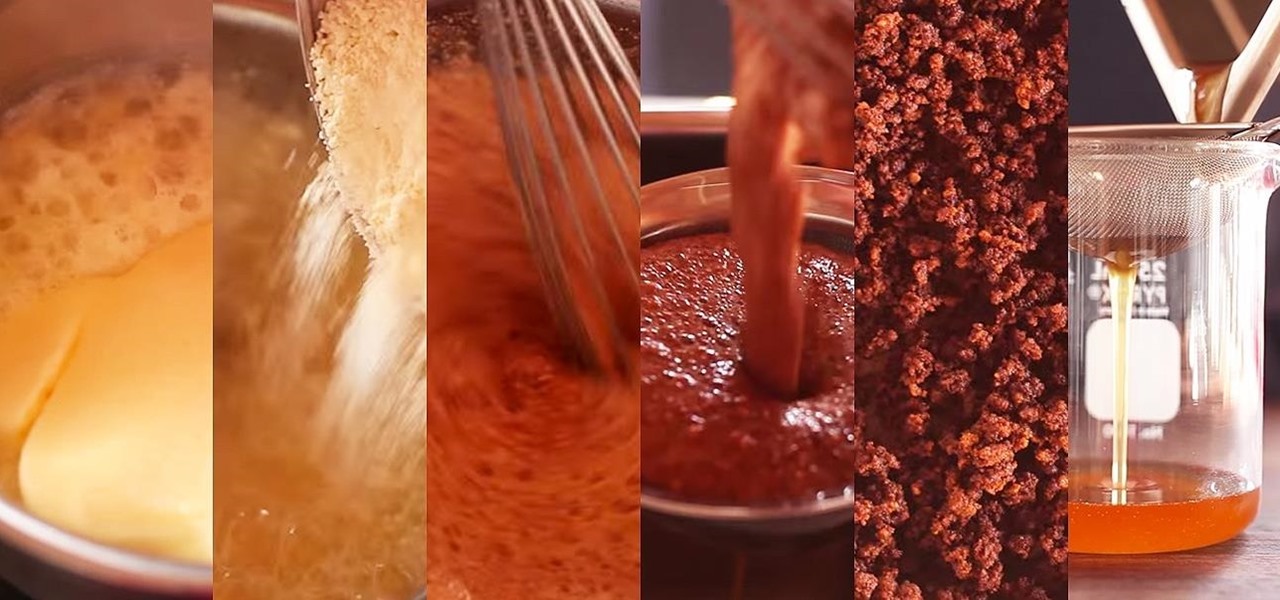
Ingredients 101: How & Why You Should Always Brown Butter
Butter can be even more delicious than it already is. While that may be a shocking claim, it's most definitely true. Many new cooks and even seasoned chefs don't realize this, but the few minutes it takes to do these things will pay you back exponentially when it comes to that buttery taste.
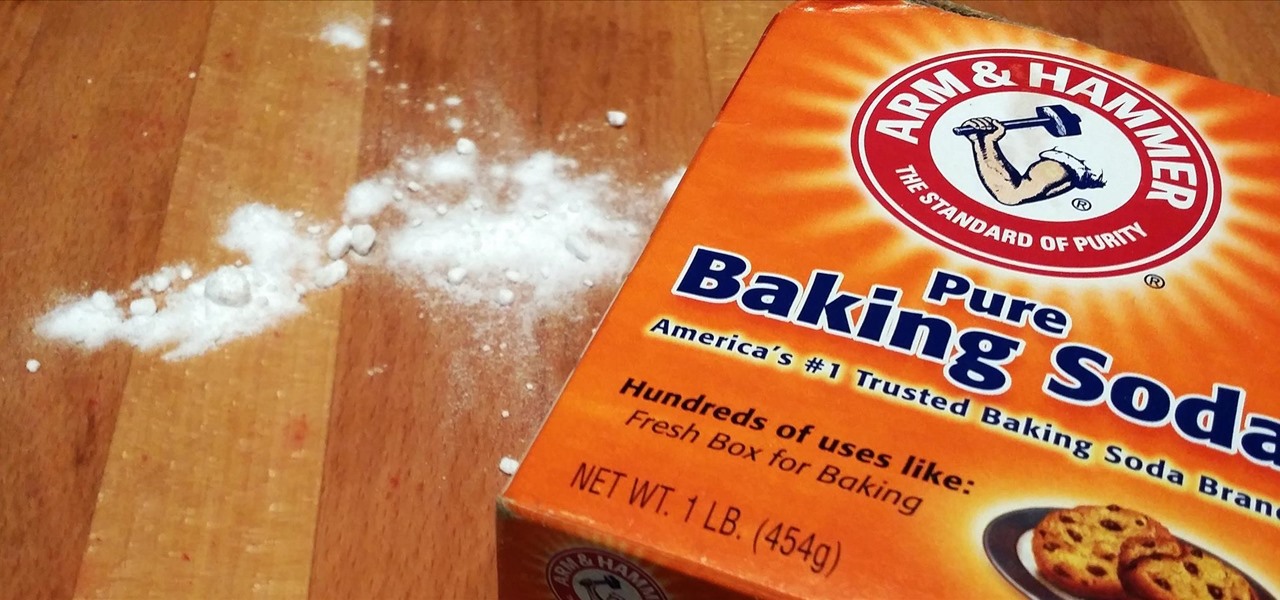
Ingredients 101: Use Baking Soda to Neutralize Bitter & Sour Flavors in Food
Baking soda is a powdery miracle. Not only is it the secret ingredient to making mashed potatoes fluffy, it can help you make authentic-tasting soft pretzels at home and caramelize onions in half the time. It's actually got lots of surprising uses you might not know about, and one of them is that a pinch or two can correct sour and bitter tastes in your food.
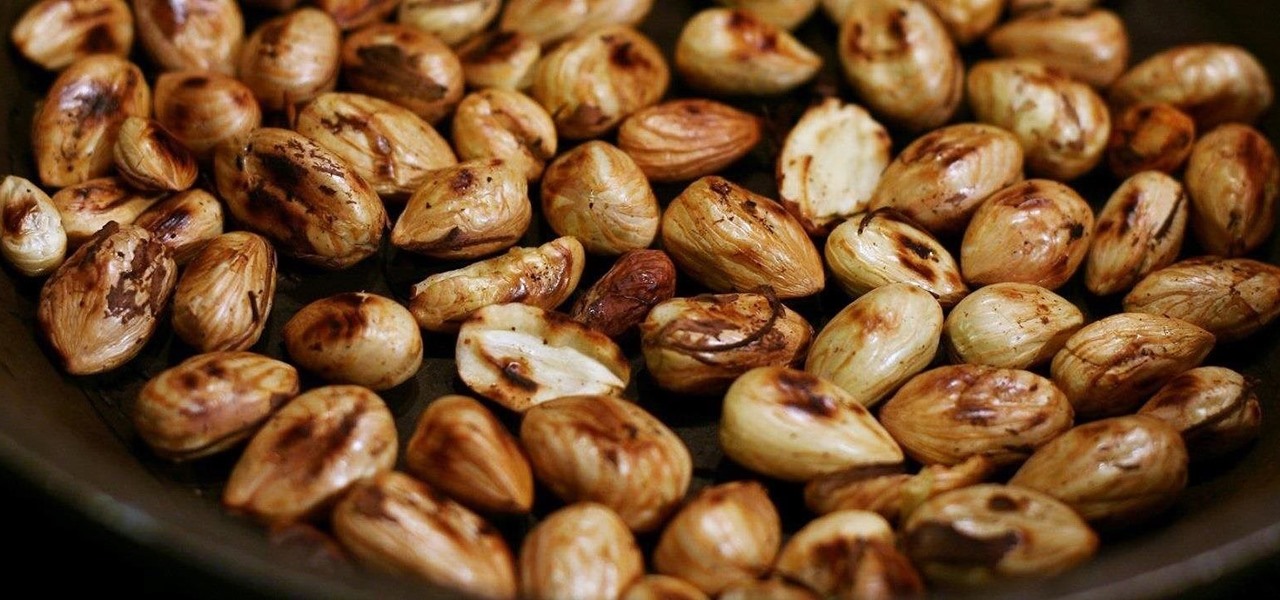
Ingredients 101: Toasting Nuts Is a Necessary Evil & Here's Why
People tend to skip toasting nuts in recipes or before adding them to salads because it seems time-consuming and the margin for error is high. However, skipping this step is a big mistake. Why? Because when you skip toasting your nuts (go ahead, you can laugh, we're all doing it), you sacrifice flavor and texture. And not just a little flavor, but a lot. Alton Brown recommends wok-frying peanuts before making your own nut butter for this very reason.
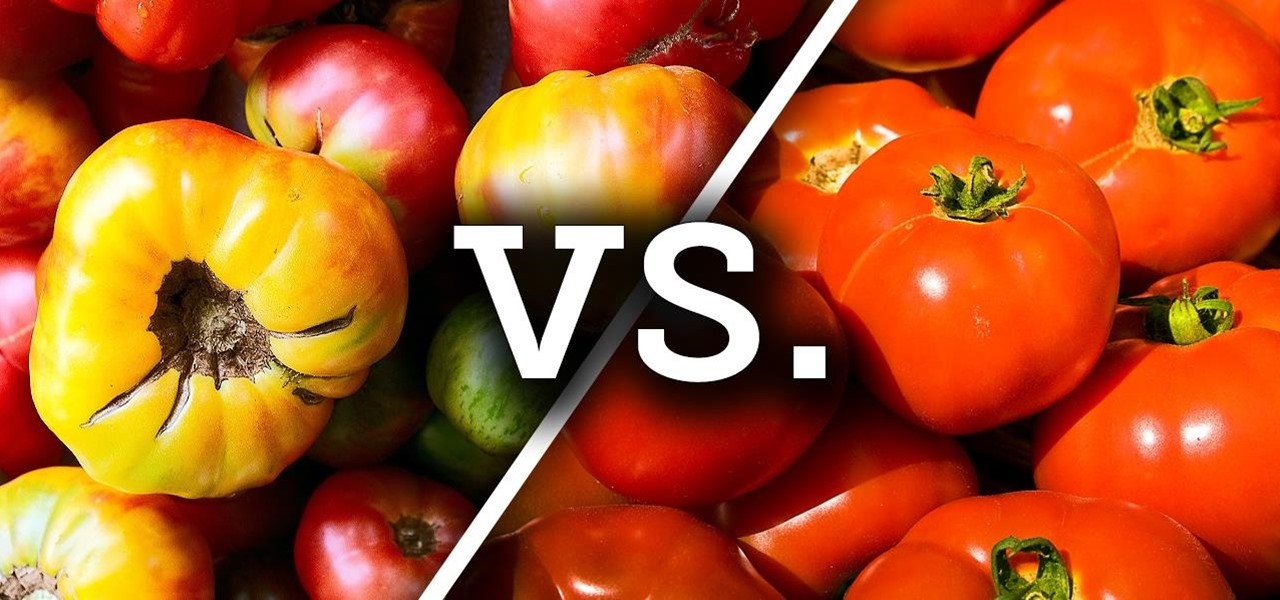
Ingredients 101: Heirloom vs. Hybrid Tomatoes… Ready, Fight!
If you've been to a farmer's market during tomato season, chances are you know that heirloom tomatoes are pricier (and funnier-looking) than their hybrid counterparts.
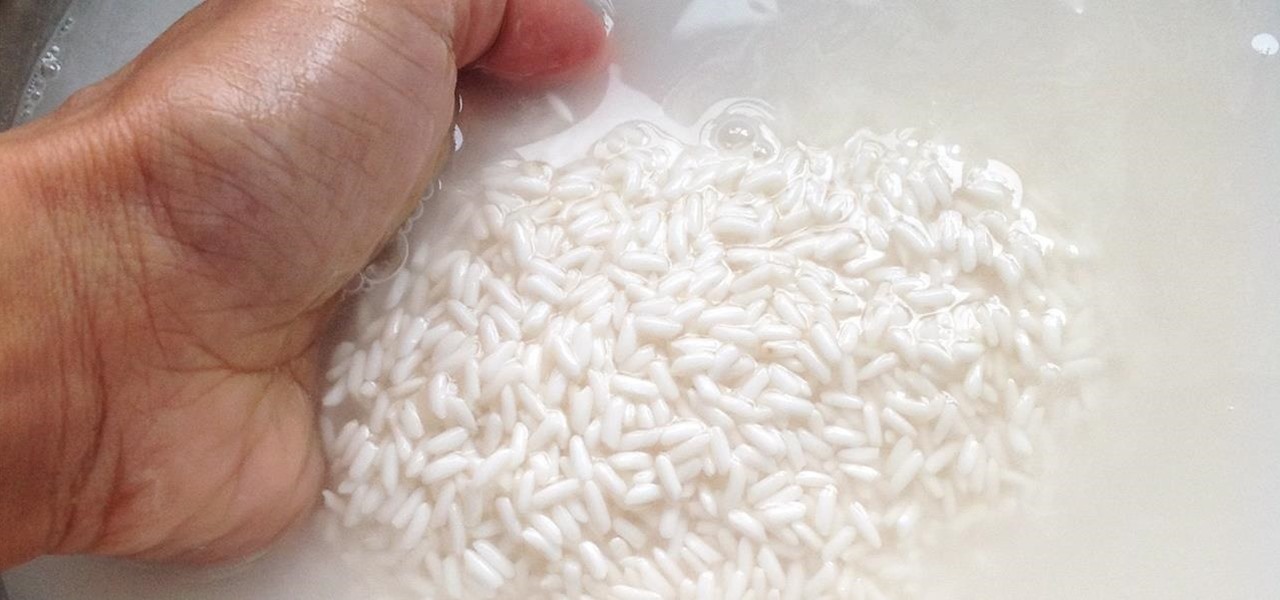
Ingredients 101: Why Properly Rinsing Rice, Barley, Farro & Quinoa Is So Damn Important
Many lazy cooks skip rinsing off their grains before they cook 'em, but that's a big mistake for a few reasons. Some grains have coatings on them that need to be rinsed off to cook properly and taste good.
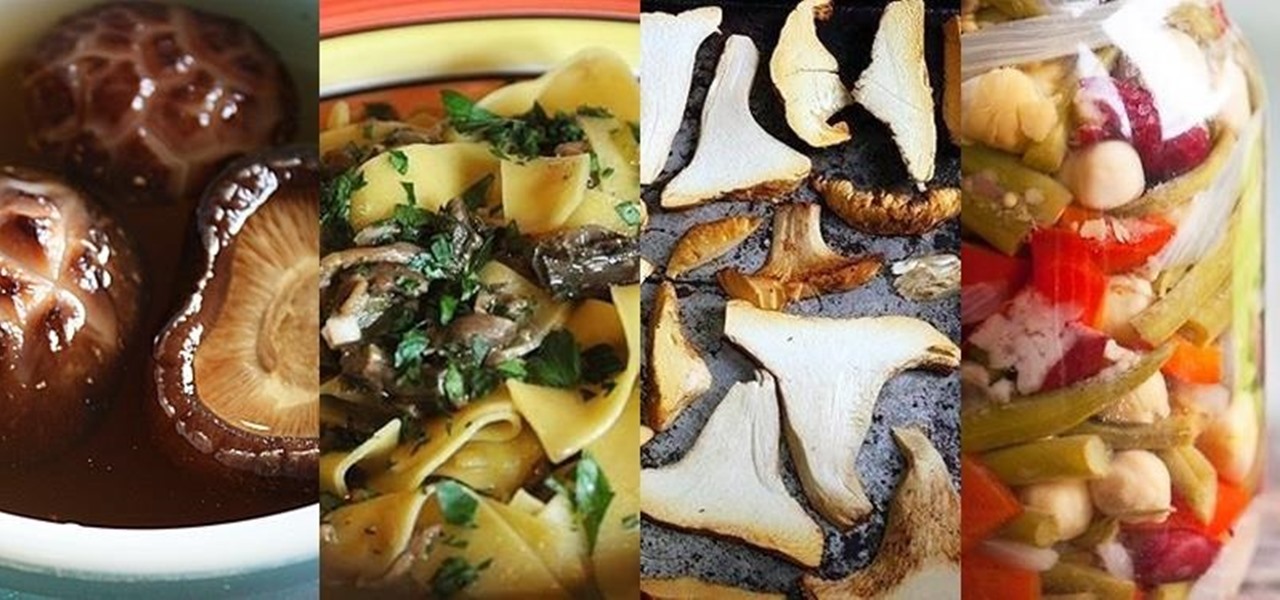
Ingredients 101: You're Not Using Enough Dried Mushrooms & Here's Why
For the novice cook, fungi can be weird because, well, they're fungi. However, if you've been afraid to get acquainted with mushrooms, you've been missing out. Vegetarians love mushrooms and with good reason.
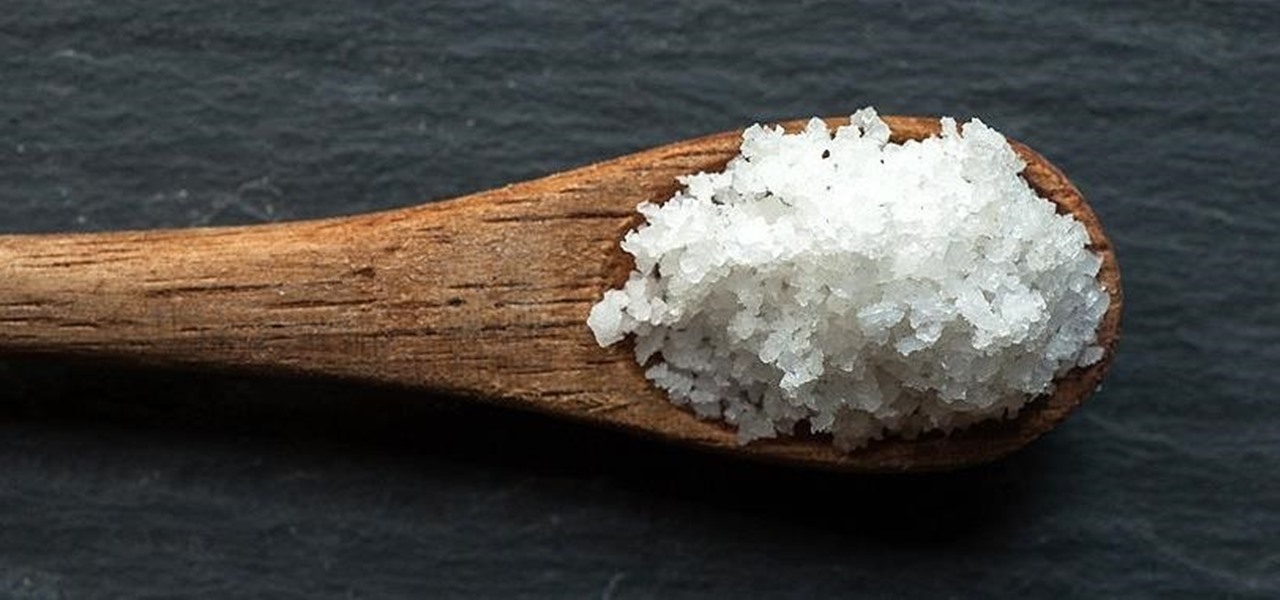
How To: Why You Should Be Using Fleur De Sel Instead of Regular Table Salt (Plus, How to Fake It)
Foodies and big-time chefs like Thomas Keller go crazy for fleur de sel. This finishing salt appears in fancy eateries and cookbooks the world over, and in the early 2000s, it was not uncommon to see diners in a high-end restaurant sprinkle a pinch of fleur de sel on their plates from their own personal stash.
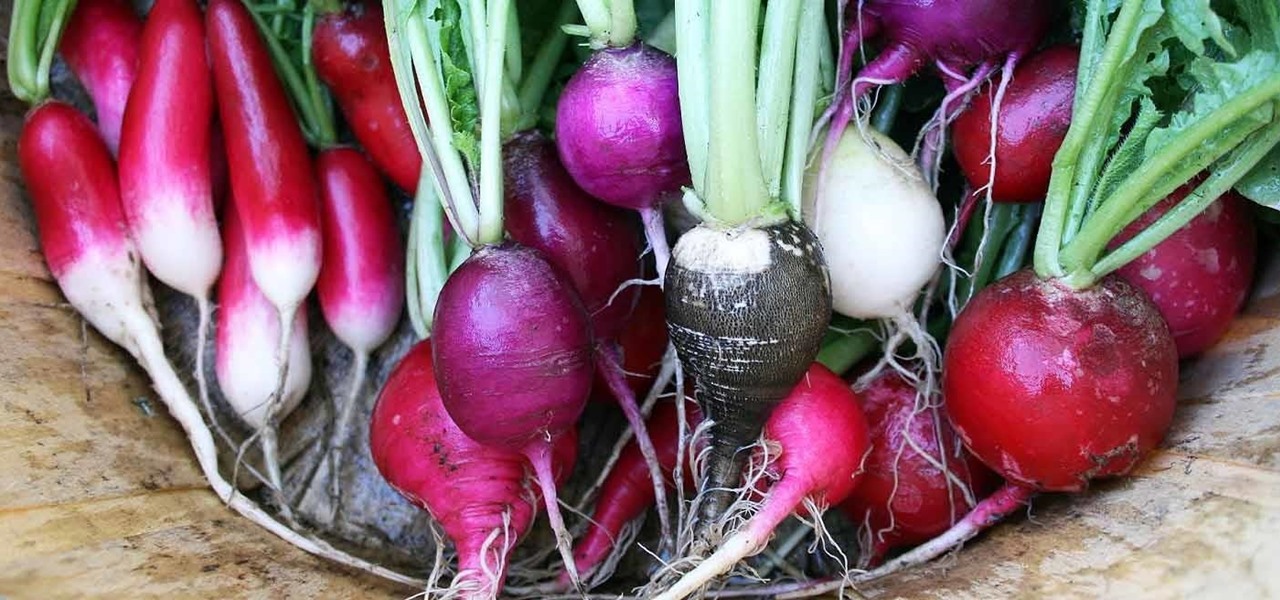
Ingredients 101: The Secret Powers of the Humble Radish
The Spanish and Portuguese introduced many things (some desirable, some not, depending on your POV) to Mexico in the sixteenth century: Christianity, language, and lots of flora and fauna.
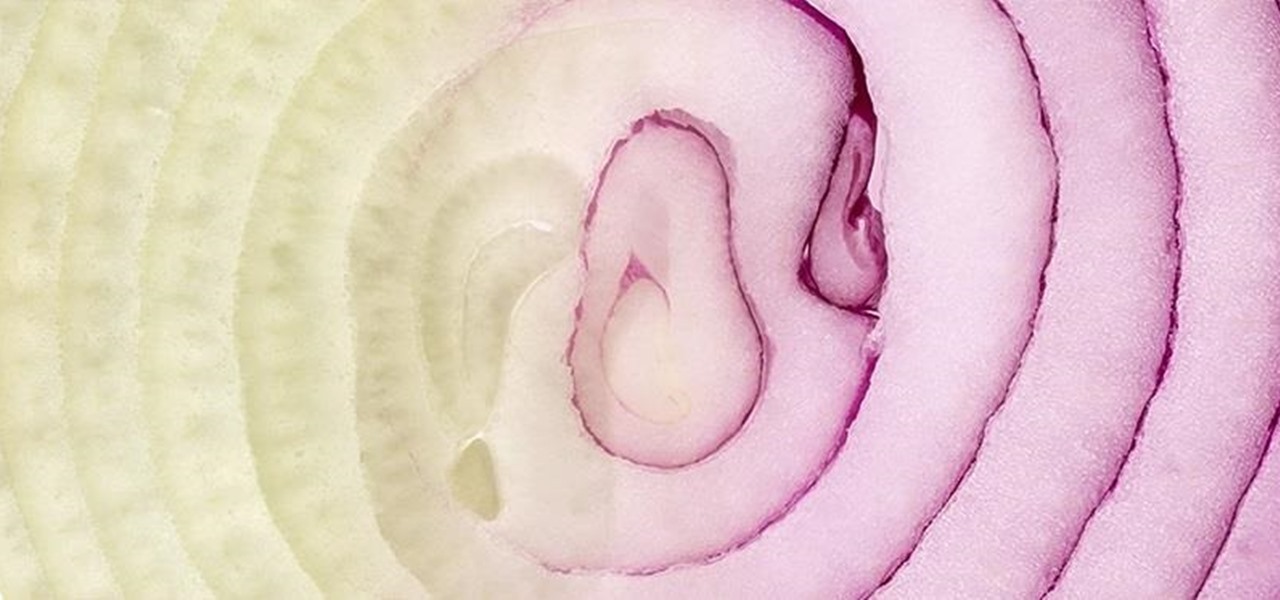
The Ultimate Onion Cheat Sheet: Which Onion Goes Best with What?
Most recipes don't specify what type they mean when they call for onions. While using whatever kind you already have won't necessarily ruin a dish, using the best one for what you're cooking will definitely make your food taste better.



